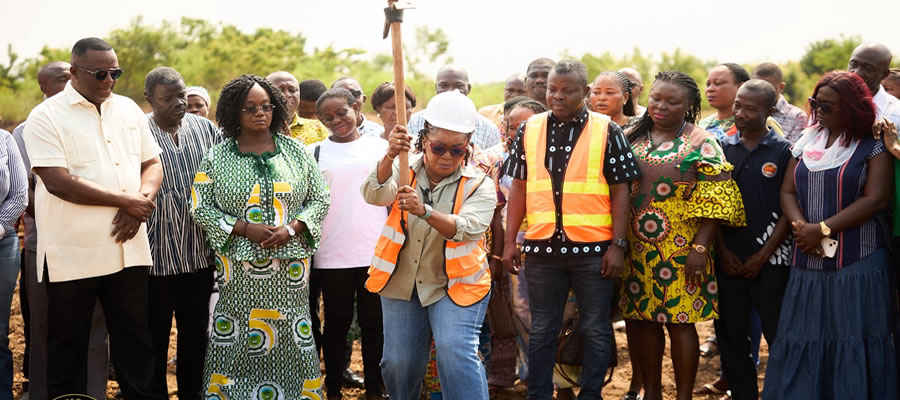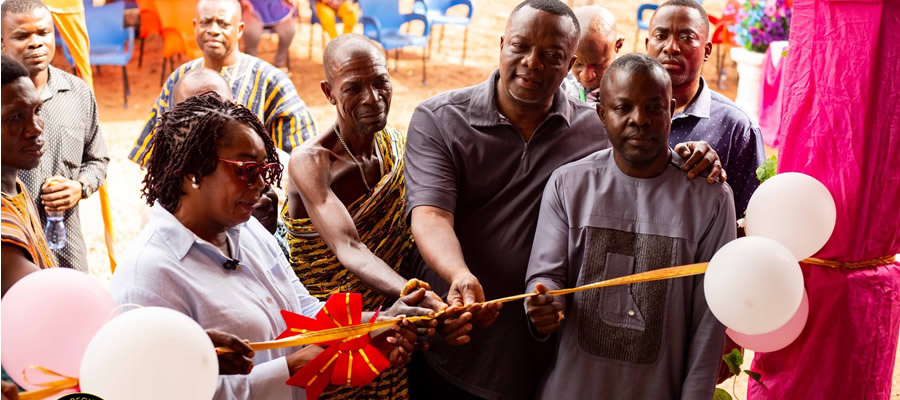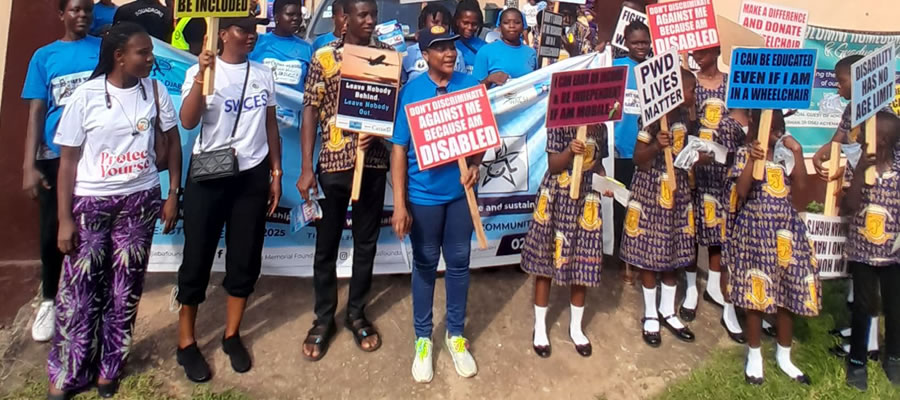

Health Care
Improving the health conditions of people is crucial for improved income levels and poverty reduction, due to the fact that ill health is both a consequence and cause of poverty. It is therefore important to improve the health status of the people through direct health care and preventive services.
Health Facilities
The Yilo Krobo Municipal has three (3) Private Clinics, Nine (9) reproductive/child health/family planning (MCH) clinics, one (1) chest clinic (Gov’t), three (3) private midwive’s maternity homes, seventy-two (72) trained traditional birth attendants. There are four (4) community health planning and services (CHPS) centres at Obenyemi, Wurampong, Labolabo and Opersika.
A polyclinic in Somanya is yet to assume full operation. Despite the above facilities, health service delivery is still not adequate; due to the absence of a Municipal hospital. There are no medical doctors and other specialized medical personnel.Effects of the absence of a Municipal hospital and other health facilities on the Municipality
- Loss of health data to
- Difficulty in getting health information
- Low coverage of health programmes
- Inability to benefit from the services of some particular grades of health staff e.g. Doctors, Pharmacists, Dentists, Administrators, X-ray Technologists and Lab Technologists.
- Increase in disease complications due to delay of clients in arriving at hospitals where they are referred.
- Increase in self-medication
- Quack doctors have field day.
Major Diseases
Malaria is still the most prevalent disease since 1994. Records available at the District Health Management Team (DHMT) office indicate that malaria is the number one health problem among households. This means that the situation has not improved since 1994. This situation is not significantly different from that of the region. Sale of bed nets is on going to help reduce the incidence of malaria in the municipality.
There is however, prevalence of other communicable diseases like diarrhoea, cholera, tuberculosis sexually transmitted diseases (STDs) and others like Skin Diseases, Hypertension, Diabetes, Mental Illness, and Anemia in Pregnancy & Malnutrition in Children.
Treatment of Diseases
The mode of treatment of diseases in the Municipality. Self-medication and treatment by quack doctors are the main modes of treatment of diseases in the Municipal. This can in fact pose a major health risk to the people in the Municipal. The situation can perhaps be due to the fact that health facilities in the Municipality are not adequate. Access to improved health facilities is likely to address this problem.
Immunization is a priority in the Municipality. Somanya sub-district leads in all antigens followed by Nkurakan sub-district.Programmes currently being offered.The following programmes.
National Health Insurance Scheme (NHIS)
The National Health Insurance Scheme (NHIS) is fully operational in the Yilo Krobo Municipal. A total of 14,870 persons have registered under the scheme as at August, 2006 and are receiving free medical care at designated health facilities. The percentage coverage of the scheme is 17%. Registration of new members is ongoing. 5,121 persons have renewed their membership while 2,011 are yet to renew theirs.
In spite of the successes chalked under the scheme, its implementation faced with some challenges. These are:
- Difficulties in organizing community durbars since community members normally do not attend community durbars especially in the Somanya Township.
- In ability of prospective clients to pay premium.
- Unauthorized fees charged by some providers
- Hostile attitude of some providers towards insured patients.
- Providers refusing to write diagnosis for effective claims adjudication.
- Prescriptions given to clients to buy from town.
- Polarization of the scheme.
- Frivolous use and abuse of facility by clients
Logistics in the form of vehicles, motor bikes and additional computers and accessories must be made available to enhance the implementation of the scheme. Additional staff is also required to augment the existing small number. The attendance at designated health facilities by the beneficiaries under the scheme from August, 2005 to June, 2006.
Date Created : 11/28/2017 1:30:59 AM










 facebook
facebook
 X
X
 Youtube
Youtube
 instagram
instagram
 +233 593 831 280
+233 593 831 280 0800 430 430
0800 430 430 GPS: GE-231-4383
GPS: GE-231-4383 info@ghanadistricts.com
info@ghanadistricts.com Box GP1044, Accra, Ghana
Box GP1044, Accra, Ghana